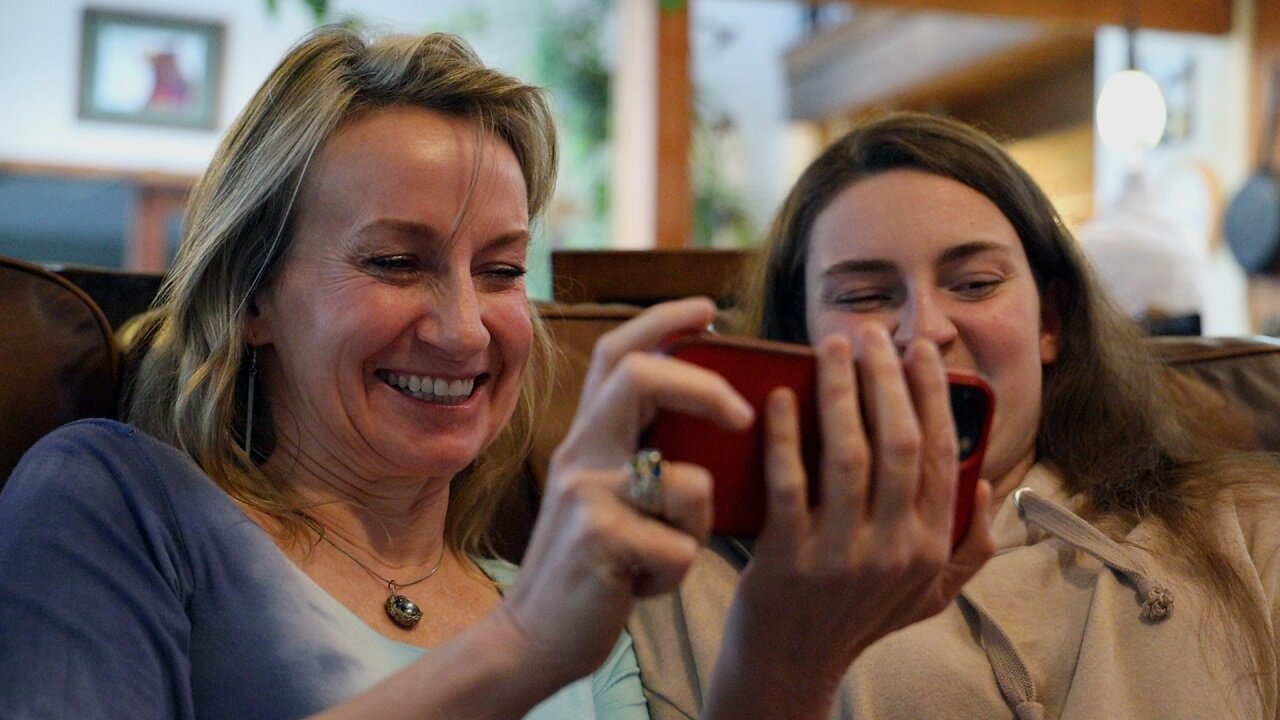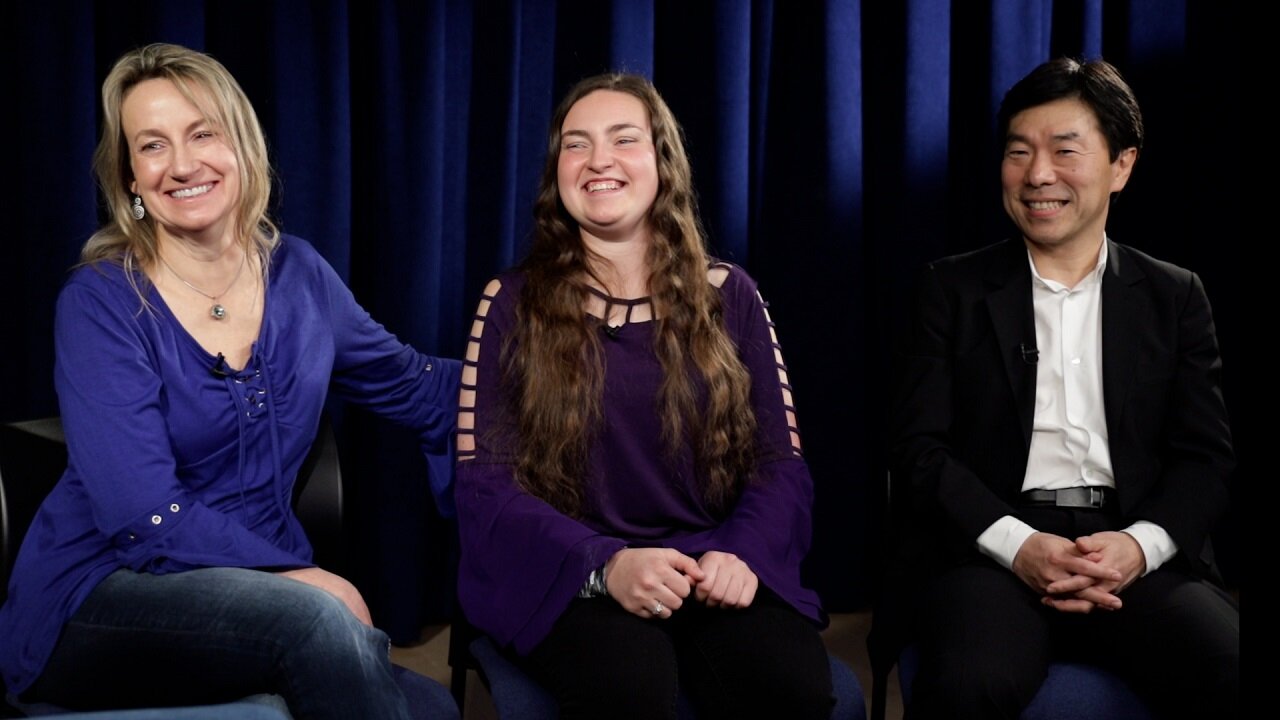To find a cure for a rare genetic disease, doctor puts what seems like science fiction into practice

DENVER — It was an accident.
Early in Dr. Fumihiko Urano’s career as a physician and researcher, while providing treatment for a 17-year-old boy who had an untreatable form of cancer, he found out about a rare degenerative and terminal disease known as Wolfram Syndrome and became inspired.
“During one of the boy’s exams, he smiled at me, and that struck me and not long after that he died,” Urano explained with a heavy heart. “So, I thought this could be a chance for me to help people suffering from a disease that doesn’t have any cure or treatment.”
Urano also realized that developing friendships with patients and their loved ones fueled his drive to help those with terminal illnesses, especially Wolfram Syndrome, which affects roughly one out of every 500,000 people. Only about 1,000 Americans are living with the disorder.
Ellie White, 21, has the disease. Initially, at the age of three it was determined that she had type 1 diabetes. Four years later, she developed vision problems. After further testing, Wolfram Syndrome became the official diagnosis.
Eventually, White's body will just shut down and she won’t be able to breathe anymore.
“My vision has just gotten worse,” she said, adding that she also has hearing loss. “I may not be able to hear super high-pitched sounds like a mouse squeak, I just don’t always hear well.”

Beth and Ellie White sit on the couch and reminisce together.
Ellie’s mother, Beth White, described to Rocky Mountain PBS her experience as a parent after doctors told her the prognosis that Wolfram Syndrome is terminal, with a life expectancy of anywhere from 25 to 40 years.
“We felt so lonely and abandoned after her diagnosis. Having all these doctors in a room with you who are telling you that your daughter has a terminal disorder and then to be told she’s the only one in Colorado at that time, and there’s no real treatment for it and no cure. I was just in a cloud,” Beth said.
Beth White is a molecular biologist at the University of Colorado Anschutz Medical Campus and does research in the school of medicine’s infectious disease department. She immediately knew that with her background, she might be able to do her own research to recruit experts to find ways to help.
“I wanted to reach out to these doctors and scientists and say, 'This cute little girl has this horrible terminal disorder that’s going to steal her entire life.' I wanted to see if I could find someone to work with her. And I discovered that Dr. Urano was doing similar research,” Beth recalled.
One of the main problems with Wolfram Syndrome is that its rarity doesn’t give pharmaceutical companies the incentive to do research because there isn’t much money in finding cures for illnesses that affect so few people.
“From a profit standpoint, even if a cure is found, it may not be profitable. But there are still patients who are suffering so there’s clearly an unmet need, so we need to find a cure,” said Urano, who flew into Denver from where he works in St. Louis to have a conversation with Rocky Mountain PBS. “People like Ellie keep me going and keep my enthusiasm high. Partnership and friendship is very important while working to find a cure and treatments for this disease.”

Beth White, Ellie White, and Dr. Fumihiko Urano talk about work being done to cure Wolfram Syndrome.
Urano’s hope is that soon regenerative medicine can be used to treat the symptoms of Wolfram Syndrome. Regenerative medicine focuses on using treatments that have the potential to heal diseases by regenerating cells, tissues and organs.
“Regenerative medicine is a new area of medicine. To regain her vision, we need to provide new eye tissue and that’s regenerative. We will try to create new eye cells, new brain cells in a dish and transplant them, or inject regenerated molecules into eyes. It may sound like science fiction, but theoretically it’s possible,” he explained.
Despite hearing loss, vision loss and other complications, Ellie tries to always live what she considers a full life.
“My biggest thing in life is don’t let anything stop you. I can officially say that I haven’t let anything stop me,” Ellie said adding that she’s gone scuba diving and skydiving, among other adventures. “I go ice skating and roller skating. I like to do things that you’d think a blind person wouldn’t be comfortable doing. I don’t want people telling me I can’t. If someone starts saying I can’t, that’s even more of a reason for me to do it.”
Dana Knowles is the managing editor at Rocky Mountain PBS. You can reach her at danaknowles@rmpbs.org.
Jeremy Moore is the interim content co-director at Rocky Mountain PBS. You can reach him at jeremymoore@rmpbs.org.